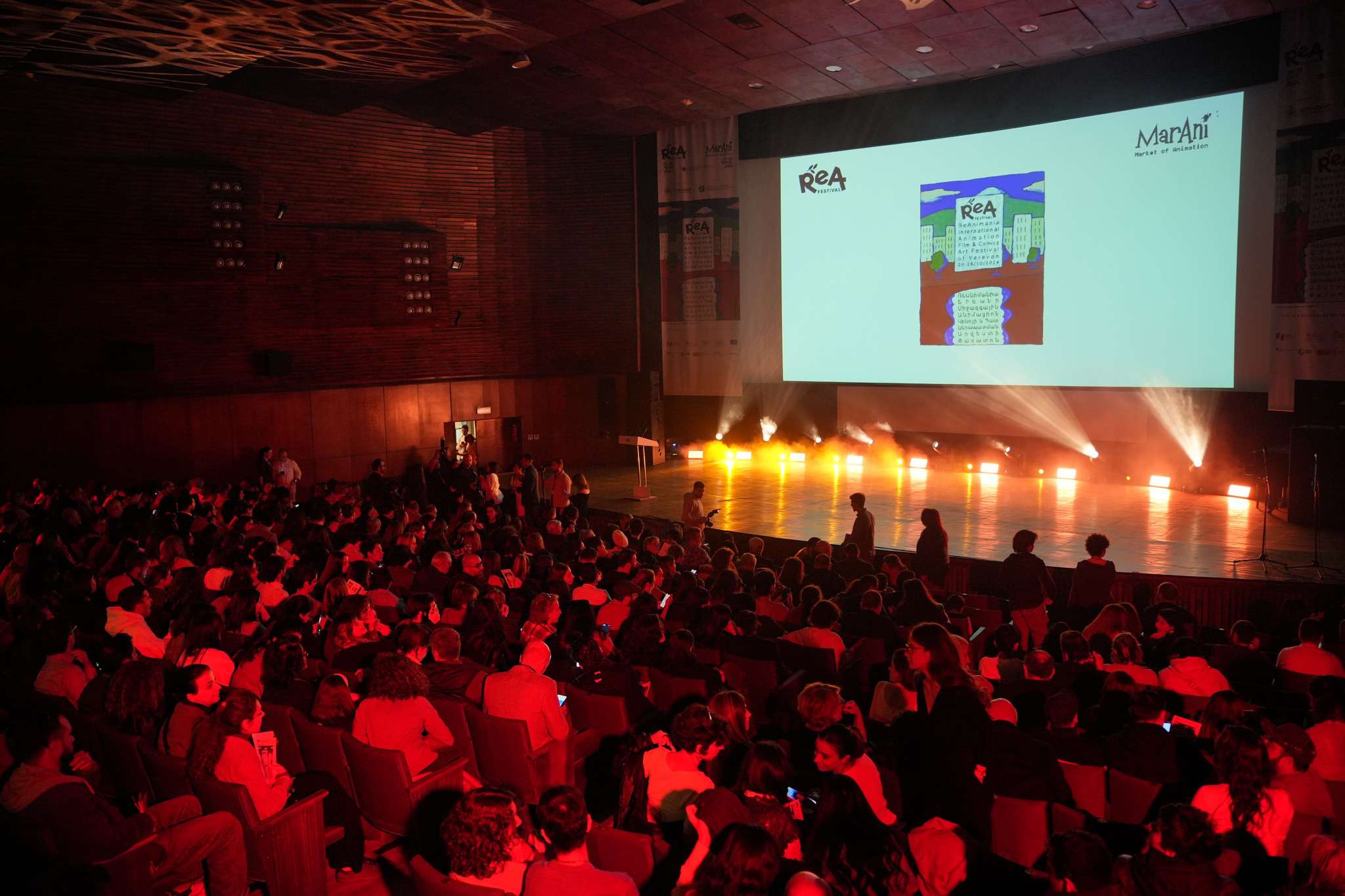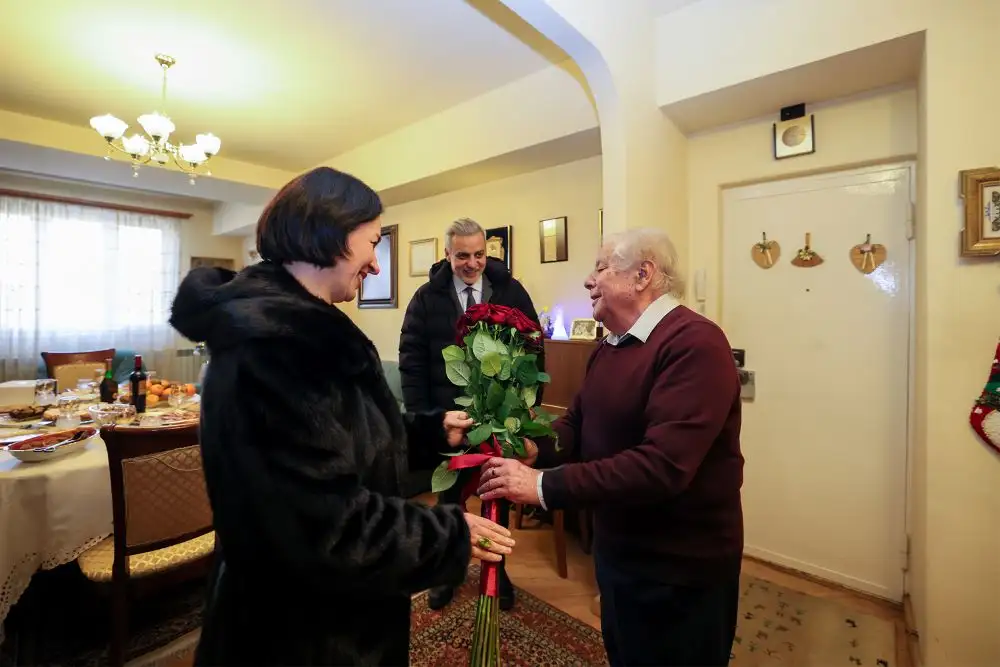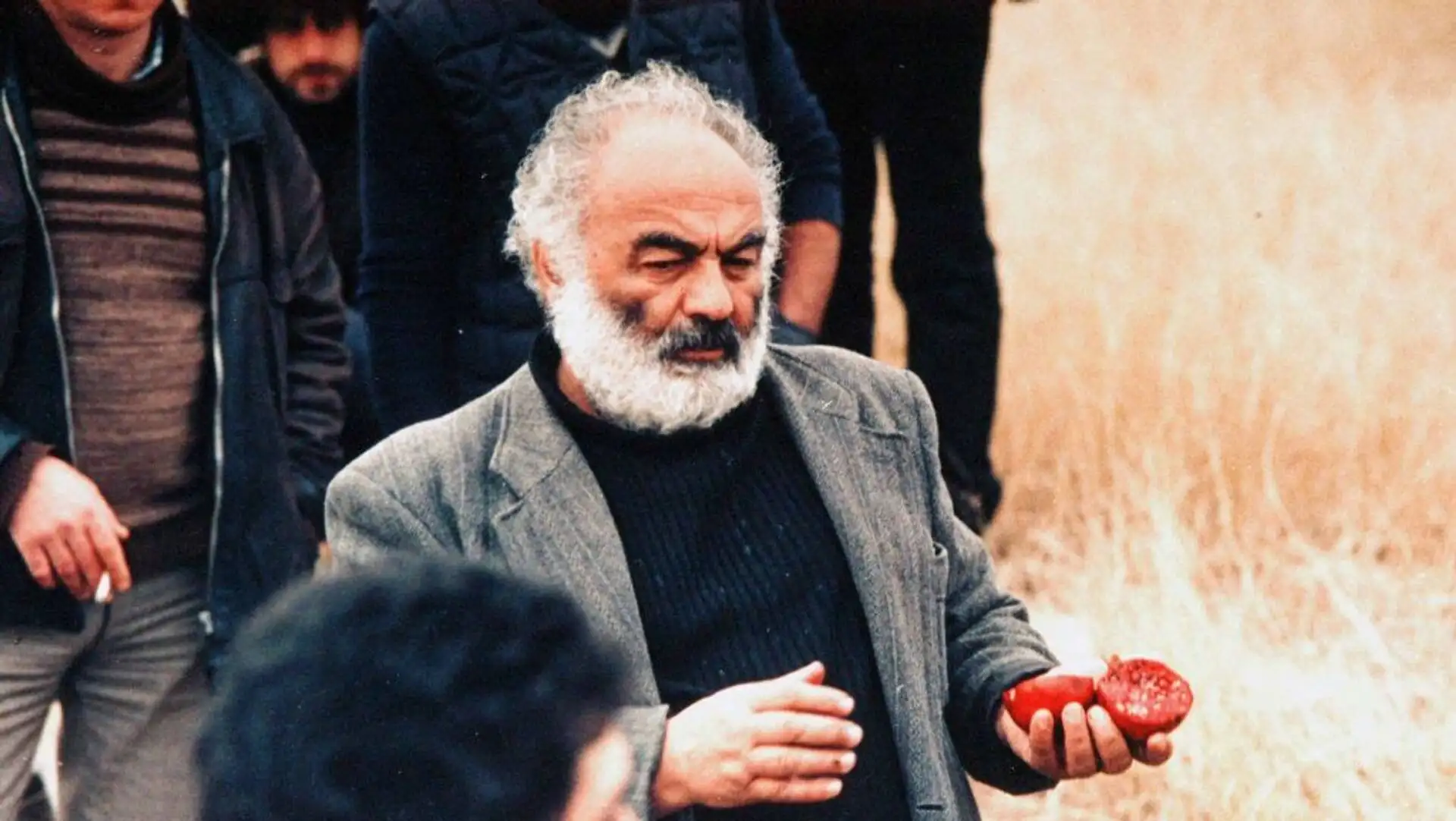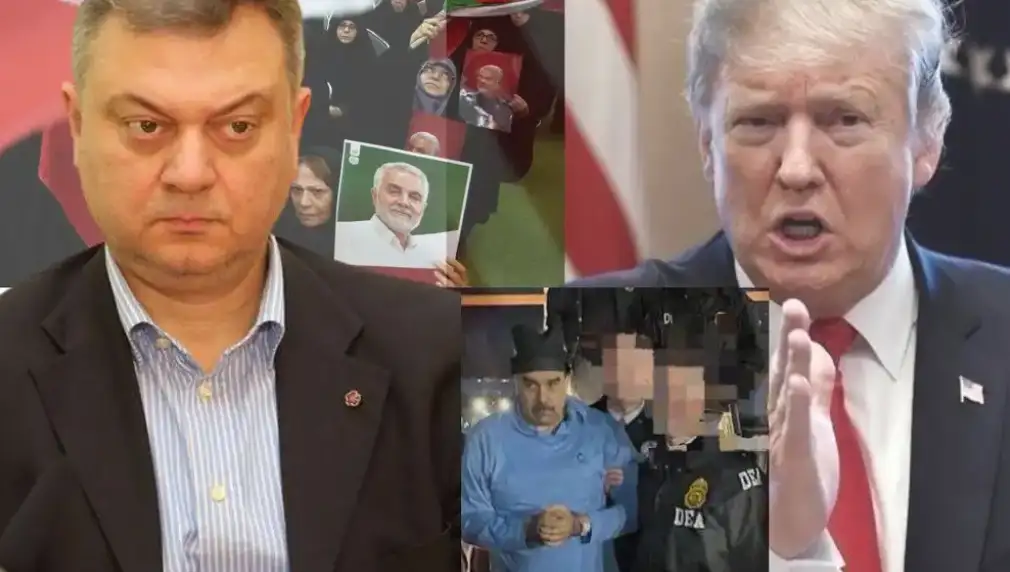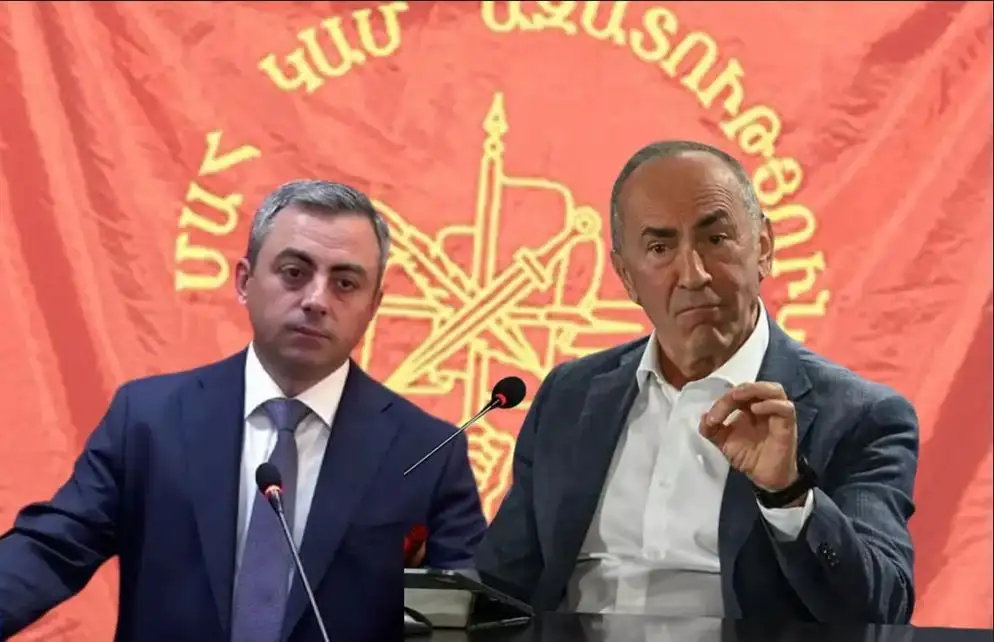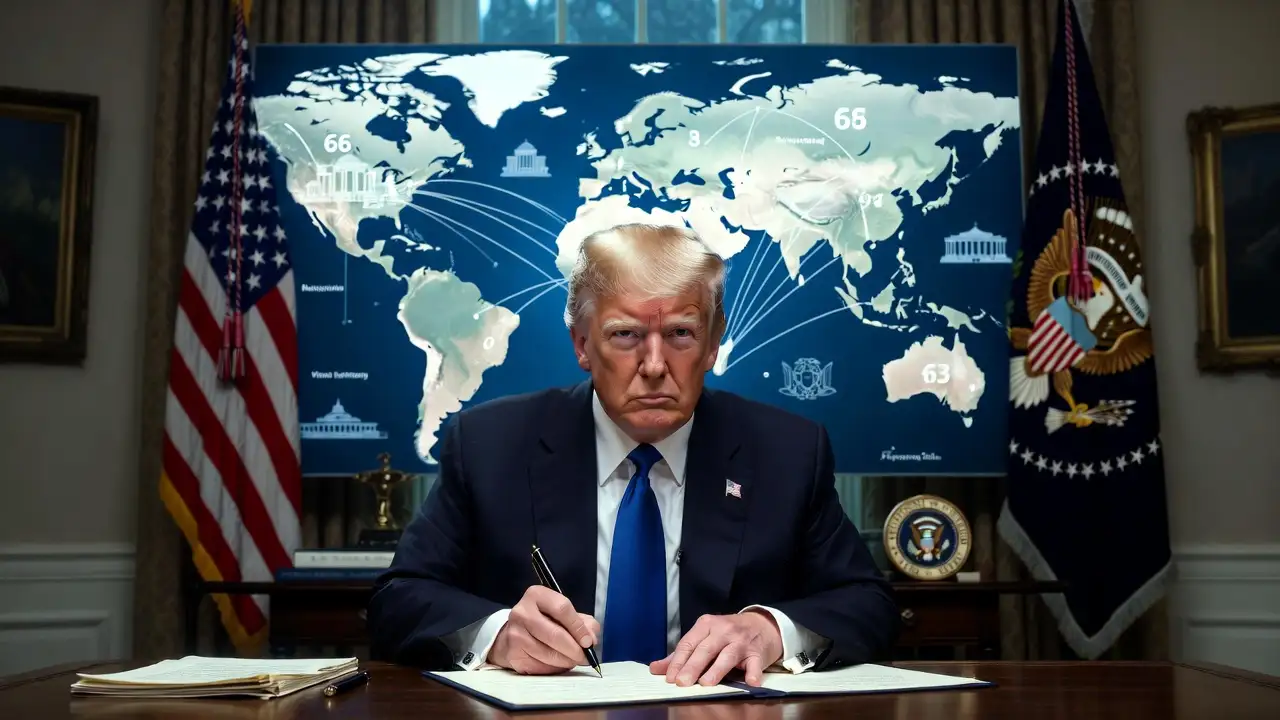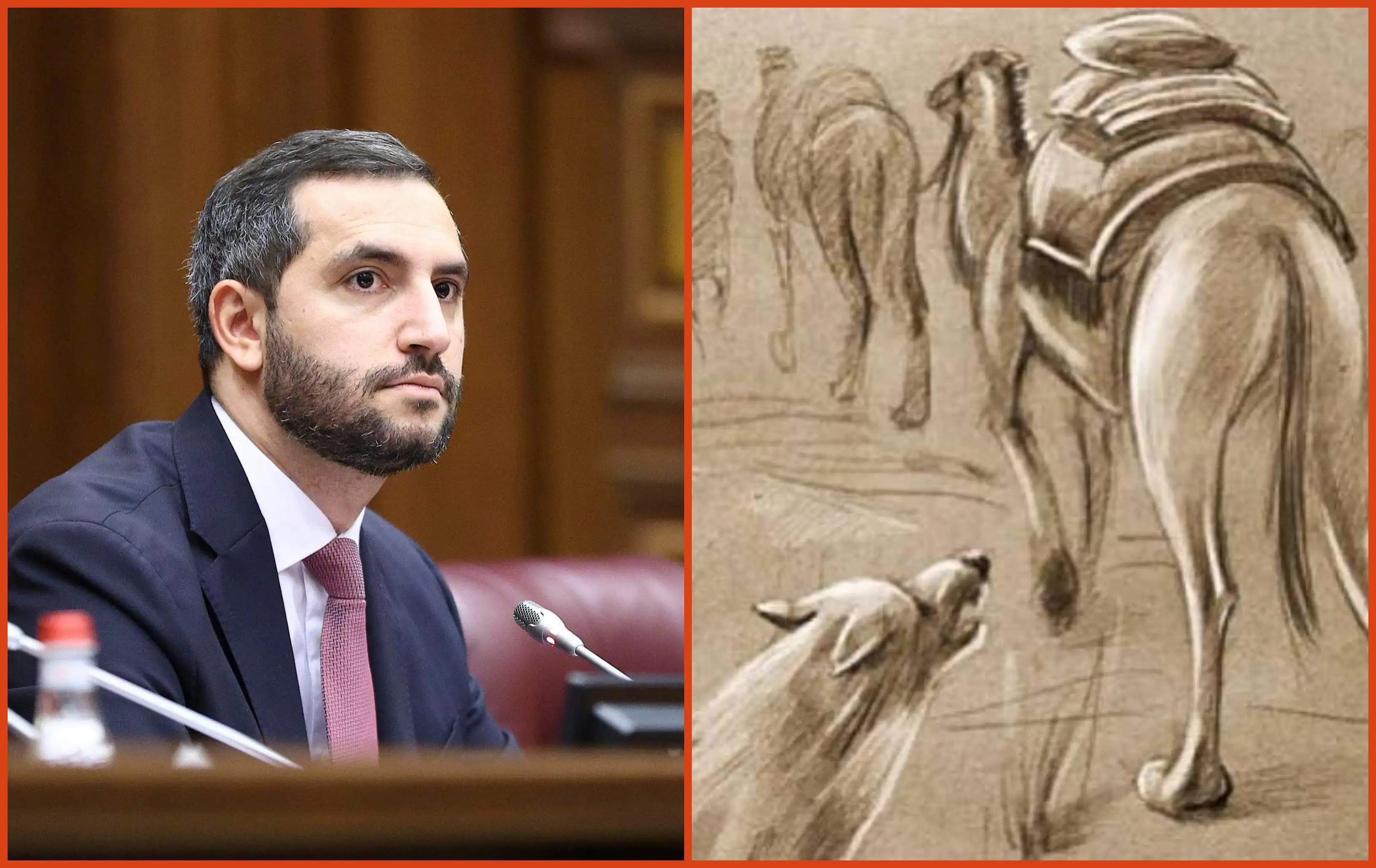The Embassy of the Kingdom of Spain, which joined the 16th International Festival of Animation Films and Painting Art "ReA" for the first time this year, hopes to continue and deepen its cooperation with the Festival.
Within the Festival's framework, on October 25, the Malian Theater hosted the Contemporary Spanish short animated program "Animation from Spain, New Perspectives," which included various contemporary short films created in different styles and visual solutions.
At the opening of the program, Cristina Conesa Sancho, the Charge d'Affaires of the Embassy of the Kingdom of Spain, announced that the field of Spanish animated films has entered a critical stage of development, including being nominated for the Oscar Awards. This is a perfect moment and opportunity to expand cooperation with different countries, including Armenia. "Armenia is an attractive destination for us. Here, we can share our experience and knowledge and learn from the Armenian experience," said Cristina Conesa Sancho.
The Festival has already taken active steps in this direction. Armenian "ReA" and Spanish NEXT Lab Generation signed a memorandum of cooperation in June of this year during the prestigious French Annecy International Animation Film Festival. NEXT Lab Generation is a platform for experimentation and implementation of innovative technological tools in animation, virtual reality, video games, and digital content, uniting art and technology. It conducts workshops, professional events, master classes, courses, conferences, and studies to develop audiovisual content using the latest technologies: VR, AR, AI, and XR.
"As a leading regional animation festival, "ReA" attaches great importance to international partnership. We are a platform for bridging the animation fields of different countries, sharing experiences, and creating new and exclusive opportunities for professionals on both sides. European countries, including Spain, are a destination of strategic importance for us because they have a unique history and vision of developing the animation industry," said Vrej Kassouny, the founder of the "ReA" International Festival of Animation Films and Painting Arts. He added that the presence of animation films and specialists from Spain, France, and Belgium at the Festival proves this.
One of the Festival's important guests was Frederick Vinel, the representative of French CARTOON, who spoke about CARTOON's experience organizing international networking and collaborative events for animation professionals. Véronique Ekrenaz, head of the MIFA animation market of the prestigious French Anse animation film festival, also presented the MIFA platform and this year's achievements.
Carolina López, director, curator, and producer of Animac, the international animated film festival of Catalonia, who was a member of the jury of the "ReA" graduation films, noted: "I like student films, which are the pulse of the future of animation. All the thoughts that young people have in their heads and the new aesthetics they bring with them convey an indescribable energy. I am thrilled that I had the pleasure of being part of the jury evaluating the graduation works," said Carolina Lopez. Speaking about the Spanish films presented to the Armenian audience during the Festival, he noted that Spanish animation has deep and rich roots. "We have brought both premieres and award-winning films so that the Armenian audience can get acquainted with the rich traditions of Spanish animation," added Carolina Lopez.
The most crucial Spanish film shown during the 16th "ReA" festival was the 1950 Catalan animated feature film Once Upon a Time, recognized as a national treasure. Famous Catalan figures, intellectuals, politicians, artists, and technicians participated in the film's creation and worked to make it a symbol of Catalan cinema and a benchmark of animated cinema.




